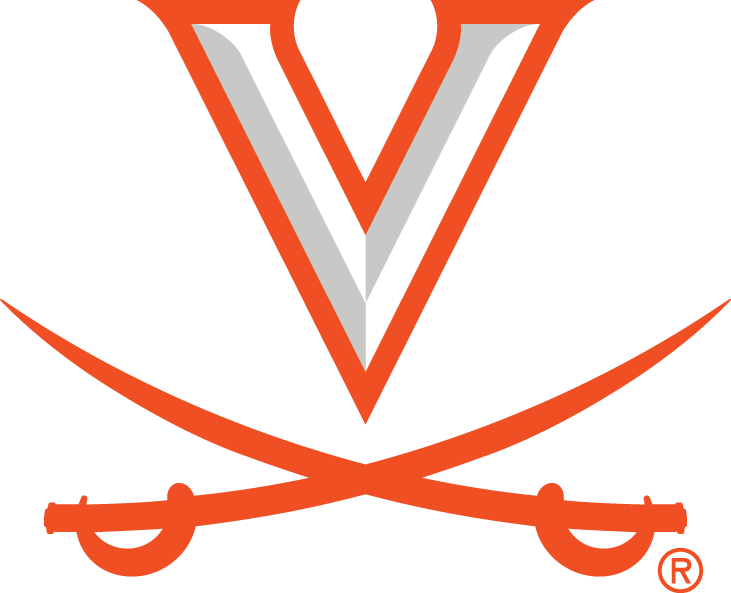By Jeff White (jwhite@virginia.edu)
VirginiaSports.com
CHARLOTTESVILLE, Va. — In the spring of 2009, Tony Bennett left Pullman, Wash., and moved across the country to this college town. At Washington State, where he succeeded his father, Dick, as head men’s basketball coach, Bennett had posted a 69-33 record, with two trips to the NCAA tournament and one NIT appearance.
At the University of Virginia, he went to work with a roster filled with players recruited by his predecessor, Dave Leitao. Not all of them embraced Bennett’s approach to basketball—or the pillars on which he based his program: humility, passion, unity, servanthood and thankfulness.
Several players who began that year in the program, including Jamil Tucker and All-ACC selection Sylven Landesberg, were gone by season’s end.
“It wasn’t a fairy-tale ending for everyone on that team,” recalled Jerome Meyinsse, whose final season at UVA, 2009-10, was Bennett’s first.
“We went through a lot in that first year,” said Bennett, whose staff still includes such “day-ones” as Jason Williford, Ronnie Wideman, Mike Curtis and Ethan Saliba.
The early struggles didn’t deter Bennett. Thirteen-plus years later, he’s still in Charlottesville, and Virginia’s 73-66 victory over Syracuse on Saturday night made Bennett, 53, the winningest coach in the program history. Along the way, he’s guided the Wahoos to five ACC regular-season championships, two ACC tournament titles, and one NCAA crown. Early in his tenure, though, it was far from certain that he’d build a Hall of Fame résumé at UVA.
Bennett’s latest team, which hosts ACC rival North Carolina at 9 p.m. Tuesday, is ranked No. 13 nationally. His first team at Virginia finished 15-16. His second finished 16-15.
“It was like a roller-coaster ride,” recalled Jontel Evans, a freshman guard on the 2009-10 team.
“We definitely had our ups and downs,” said Evans, who works in his hometown of Hampton, “but it was a process, and to have a successful process we just had to get the guys that wanted to buy in, and those who didn’t want to buy in, here’s the door. Simple as that.”
For Bennett’s first six years at UVA, his associate head coach was Ritchie McKay, who left in 2015 to begin a second stint as Liberty’s head coach. Ron Sanchez was a Virginia assistant for nine seasons before leaving in 2018 to become head coach at Charlotte.
“We always knew it was going to be hard,” said Sanchez, who’d followed Bennett from Washington State to Virginia. “We were very honest with ourselves, and even in conversations with Tony’s dad, he was like, ‘Man, you guys gotta get better. This isn’t good enough right now.’ Dick was always very honest with us, too.”


